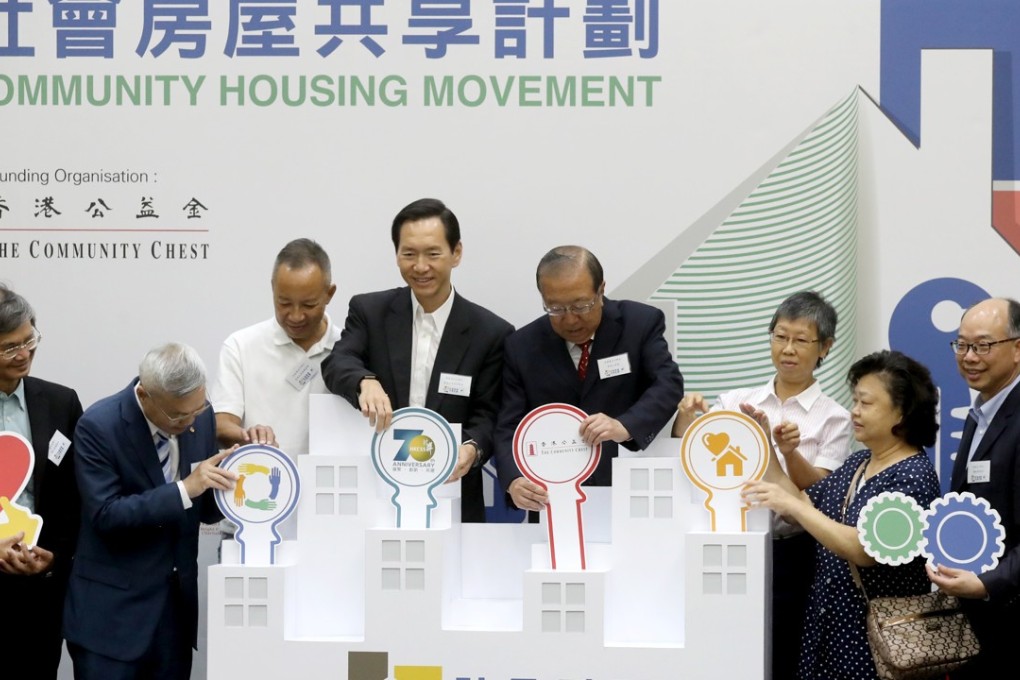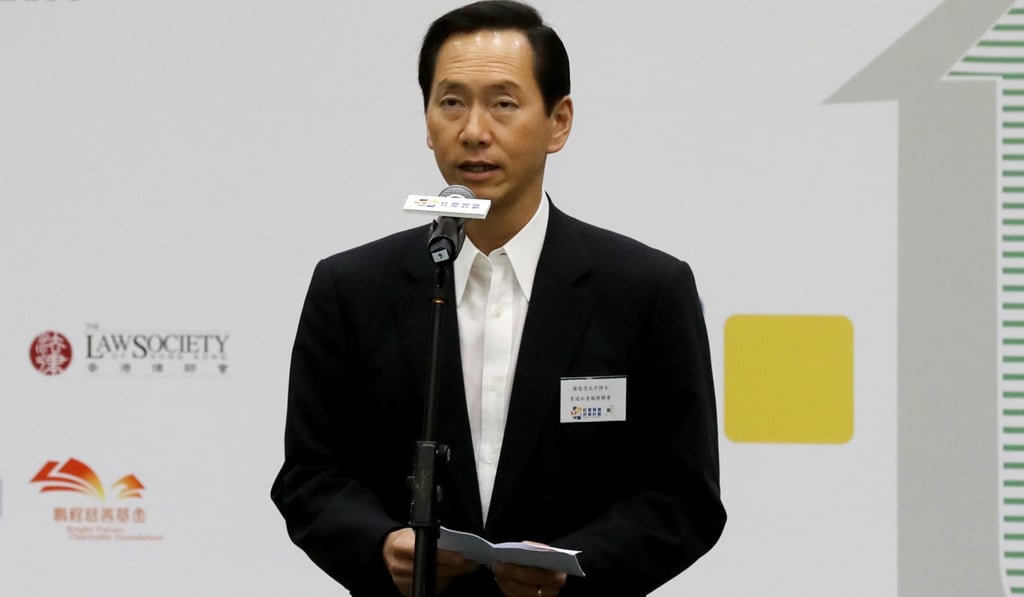Hong Kong shared housing project set to provide relief for 1,000 needy families
Households expected to pay only a quarter of their monthly income for rent under plan run by NGOs and initiated by government

An affordable shared housing project in Hong Kong is expected to supply 500 flats for 1,000 poor households over a three-year period, a social service provider has announced.
On Tuesday, the Hong Kong Council of Social Service said flats would be rented to households waiting for public housing and living in poor conditions, at only a quarter of their monthly family income.
The plan, called the Community Housing Movement, will involve flats shared by several families on two-year tenancies based on household sizes. The arrangement also takes into account a minimum living area of 7 square metres per person.
Meet the Hong Kong landlords who are happy to drop rent
Initiated by the government, the movement will be operated by the council with a HK$61.5 million budget, mostly from the Community Chest and partly from the government-run Social Innovation and Entrepreneurship Development Fund.
“The living environments of the poor have become smaller and more expensive,” Bernard Chan, the council’s chairman, said.

“Living in unaffordable and undesirable conditions will cause people to be more pessimistic and isolated, and will lead to a vicious circle of poverty.
“Public housing is their only hope, but this takes time to build. During the long wait, short- and medium-term solutions have become increasingly important.”